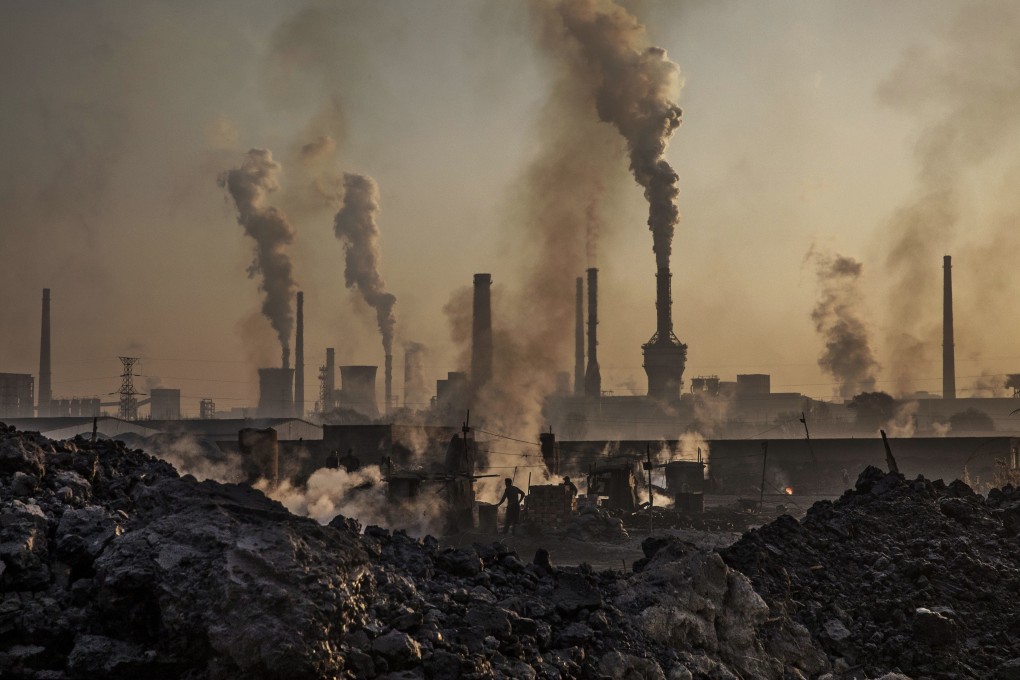Advertisement
Climate change: DBS pledges ‘ambitious’ cut in financed emissions from steel despite heavy exposure to China, India
- The Singaporean bank hopes to reduce financed emissions from steel – those caused by steelmakers financed by the bank – by 27 per cent by 2030
- Steel manufacturing is one of the world’s leading causes of harmful emissions of greenhouse gases
Reading Time:2 minutes
Why you can trust SCMP

DBS, Southeast Asia’s largest bank, is pursuing an “ambitious” plan to reduce financed emissions from steel production as it races to achieve net-zero emissions by 2050.
The pledge is likely to prove challenging, as the lender is heavily exposed to the industry-dominant markets of China and India.
“We are taking a leap of faith,” said Yulanda Chung, head of sustainability, institutional banking group, DBS, at a news conference announcing the measures on Tuesday. “Many of our steel mill customers are in China and India [which are] higher emitting regions. As a result, we are really trying our best to have an ambitious target.”
Advertisement
The Singapore-based bank hopes to reduce its financed emissions from steel – those caused by steelmakers financed by the bank – by around 27 per cent of 2020 levels by 2030, from 1.95kgCO2 to 1.42kgCO2 per kilogram of manufactured steel. It then hopes to drastically scale down to just 0.14kgCO2 by 2050.
KgCO2 is a unit that quantifies the amount of carbon dioxide that would have the same global warming potential as a given amount of greenhouse gas.
Advertisement
Steel manufacturing is one of the world’s leading causes of harmful emissions, accounting for between 7 and 9 per cent of all human-caused greenhouse gases globally, according to the World Steel Association.
Advertisement
Select Voice
Select Speed
1.00x
